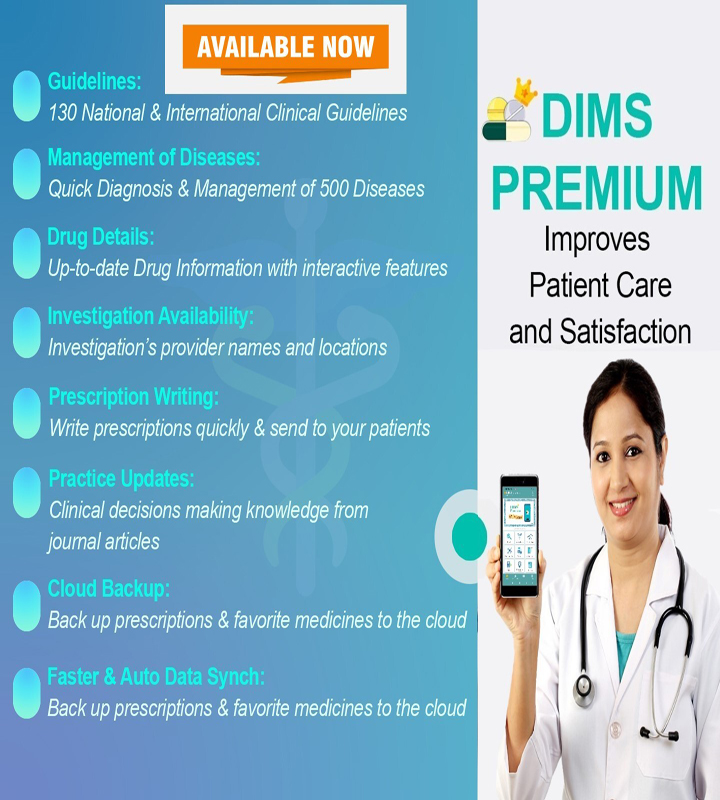Risk of Postoperative Bleeding After Dental Extraction in Patients on Antiplatelet Therapy
Oral Surgery, Oral Medicine, Oral Pathology and Oral Radiology: Published:
October, 2023
Dental extraction is the most
common oral surgical procedure in the worldwide population. Similarly,
antiplatelet therapy (APT) is considered 1 of the most prescribed therapies due
to the high worldwide prevalence of ischemic and cardiovascular diseases.
Patients receiving APT are
generally considered at an increased risk of bleeding due to changes in
hemostasis
The most frequently used
antiplatelet drugs are acetylsalicylic acid (aspirin) and thienopyridines
(clopidogrel).
This systematic review and meta-analysis evaluated the risk of
postoperative bleeding after dental extraction in patients on antiplatelet
therapy (APT).
TAKE-HOME MESSAGE
Following a
minor dental extraction, no significant association was observed between the
risks of immediate and delayed bleeding in those on aspirin therapy compared
with healthy controls.
A
significantly increased risk of immediate bleeding was observed in patients on
single nonaspirin APT.
The
relative risk of immediate bleeding in those treated with dual APT was
considerably higher than that in healthy controls and remained significantly
higher when assessing delayed bleeding.
Pre-extraction
interruption of dual APT is unpredictable in minimizing the bleeding risk and
might expose the patient to complications and thrombotic events.
Clinicians need to take careful precautions and consult with the patient's physician prior to the procedure to find an alternative solution for hemostasis after extraction in patients on dual APT.
Conclusions: Dental
extraction can be performed safely in patients on aspirin monotherapy. In
contrast, patients receiving dual APT should be considered at risk for
immediate and continued bleeding.
Doctors Liked to Read More
Objective: To
determine the risk of bleeding after minor extraction in patients on different
antiplatelet therapy (APT) regimens.
Study design: A search
was conducted using PubMed and Google Scholar. Thirty-five papers were included
in the systematic review, of which 23 papers provided the requisite information
for meta-analysis. Subgroups were created based on the controls, as follows:
(1) no control, (2) healthy control, and (3) interrupted APT control. In a
meta-analysis, the studies were further subdivided into immediate and delayed
bleeding.
Results: No
immediate or delayed bleeding risk was found in patients treated with aspirin
vs healthy controls (relative risk [RR] = 1.26; P = .5 and RR = 2.17; P = .09,
respectively). A higher immediate bleeding was recorded for patients on single
nonaspirin APT vs those in the healthy population (RR = 3.72; P = .0009). A
high risk of bleeding was recorded in patients receiving dual APT compared with
healthy controls for immediate (RR = 10.3; P < .0001) and delayed (RR =
7.72; P = .001) bleeding. Dual APT continuation showed a higher risk of
immediate bleeding (RR = 2.13) than interrupted APT, but the difference was
insignificant (P = .07).
Conclusions: Dental extraction can be performed safely in patients on aspirin monotherapy. In contrast, patients receiving dual APT should be considered at risk for immediate and continued bleeding.






Comments
You must login to write comment